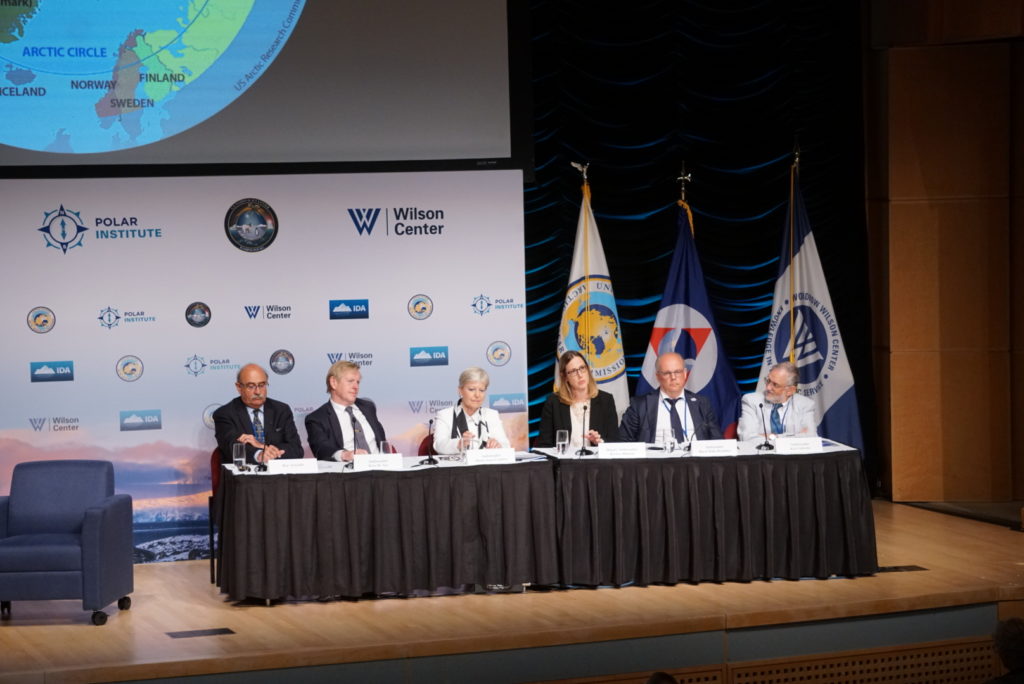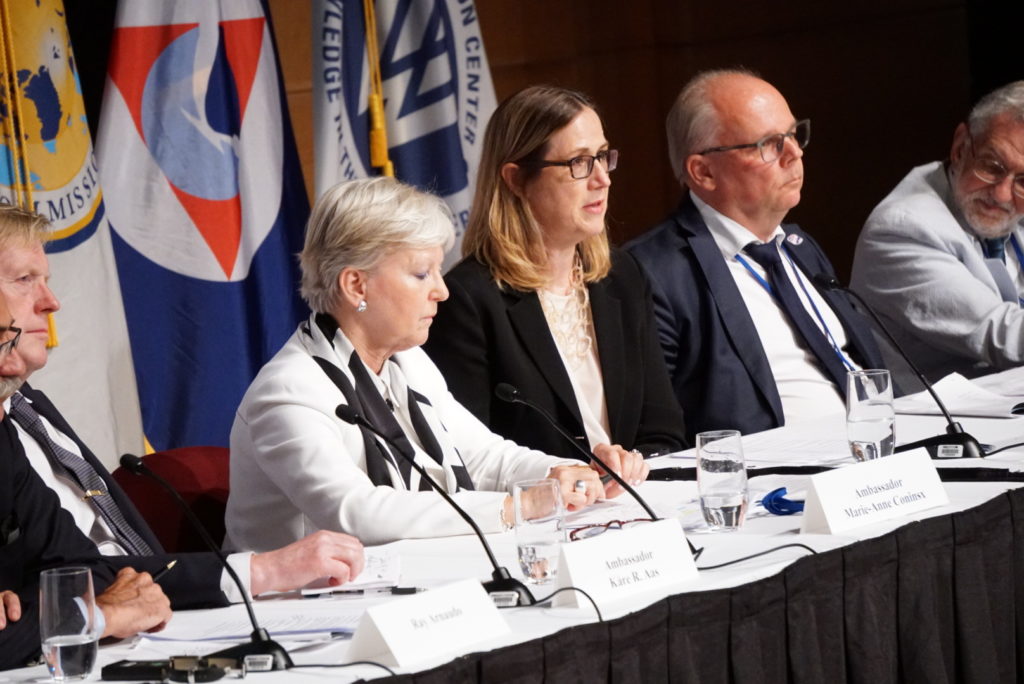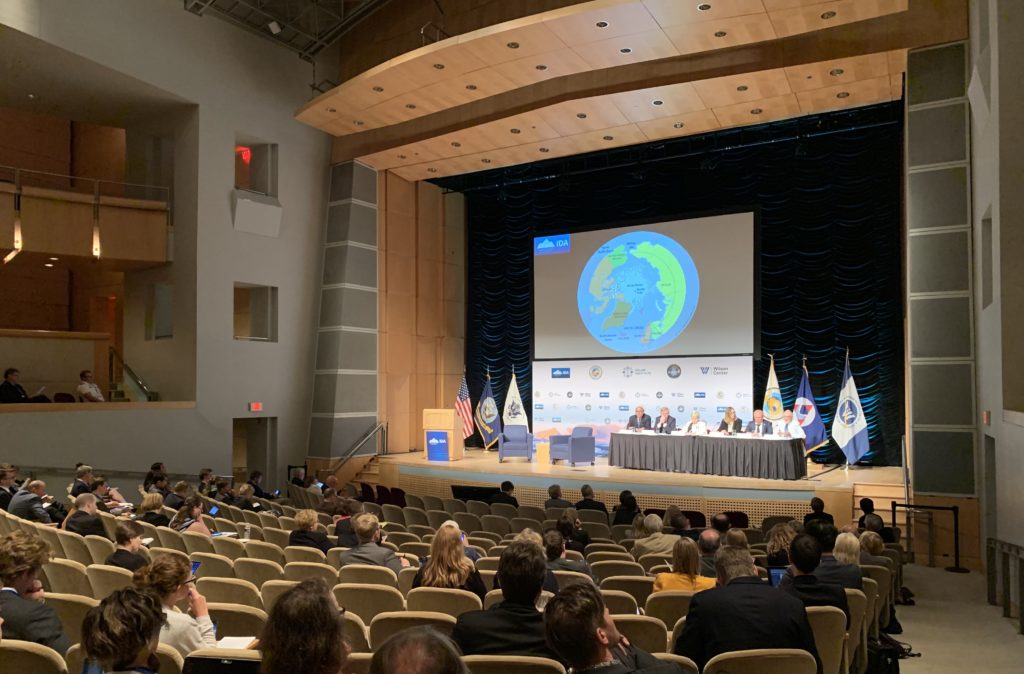On July 17, Deputy Ambassador Kirsten Hillman spoke on a panel hosted by the US Arctic Research Commission and the Wilson Center’s Polar Institute on the “State of Arctic Diplomacy.”
In the last two decades, the Arctic landscape has changed physically and economically, in large part because of climate change. The Deputy Ambassador emphasized given the region’s ongoing transformation, collaboration with and among governments at all levels, as well as with Indigenous communities, scientists, the private sector, and technical and policy experts is ever critical.
For our part, Kirsten Hillman explained Canada’s Arctic foreign policy is based on a vision of a stable, secure, rules-based region, with dynamic economic growth, vibrant Northern communities and healthy and productive ecosystems. When it comes to people, nobody has a better understanding of the North than those who live there and are affected by changes to the environment. As a result, we are making strides co-managing the Arctic with Indigenous peoples, incorporating Indigenous knowledge, and ensuring we respect traditional rights and use in protected areas.
She stressed the Arctic is an area of peace and stability. States need to respect the rules based international order so it remains that way. This stability is the result of strong cooperation among Arctic states and in the Arctic Council. In following the examples of the first peoples’ of our North, we are committed to working together with our partners to ensure a strong, successful, and sustainable Arctic for the future.


